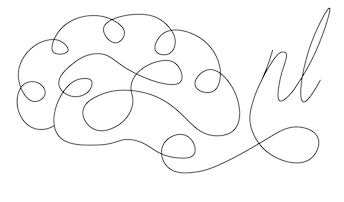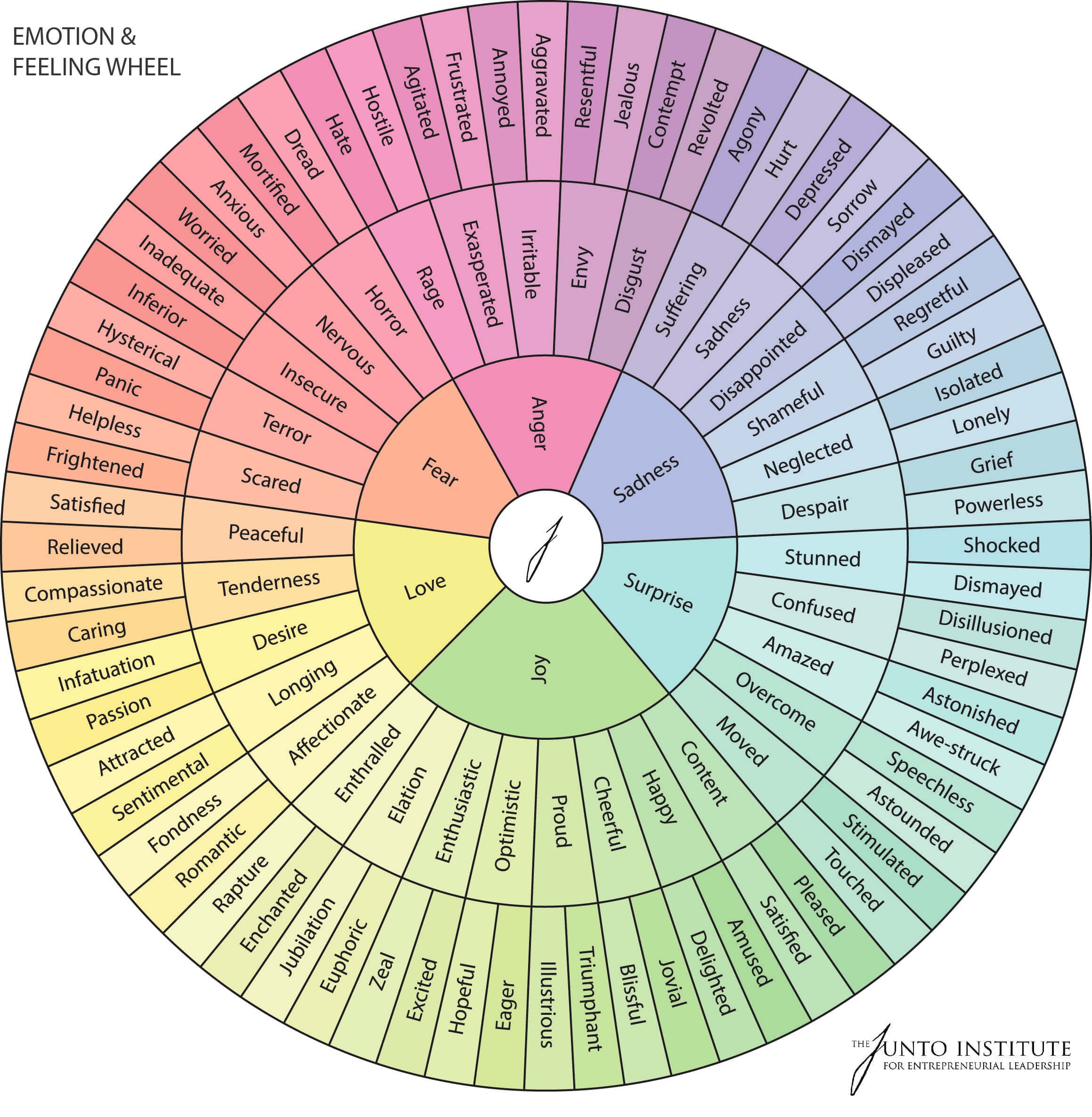You’re Not Overreacting
There’s So Much More Underneath
You’re Not Overreacting: There’s So Much More Underneath
Ever tell yourself that you're overreacting? That what's causing you to be upset is "small", "petty", or "immature"? We have a tendency to believe that there are certain standards by which we are allowed to be upset. Something needs to be "big", "traumatic", or "hurtful" enough in order for us to deserve reacting.
Often times when we use such language, it tends to diminish and take away our ability to listen to our bodies, to process our emotions, and learn how to effectively cope. If I think that what I'm reacting to is petty or immature, most likely I won't tell anyone, I'll try to ignore it, and by doing so I won't give myself the chance to feel.
Take the following example: you are getting ready to go out with a group of friends when someone texts you saying that they decided not to go to the restaurant you suggested and are going to another one instead. You instantly become feel anxious - you start to sweat, your heart rate increases. You may even feel angry or defensive.
It's here that we tend to criticize our emotional reaction. You might think to yourself: "what is wrong with me? Why am I so bothered by this? I need to stop being this way". What we do when we criticize our reactions is discount what might be happening under the surface.
Sure - feeling angry at your friends for choosing another restaurant may seem like an overreaction. But what about all the other times in your personal relationships when you've felt dismissed, unheard, or devalued?
Anger tends to be the easiest emotion to feel, react on, and see. However, anger tends to be a secondary emotion. What this means is that anger is frequently used in a way that covers up other (likely more uncomfortable) emotions. Following the example above, it may be that upon hearing that your friends decided not to go with your suggestion, that you’re feeling offended, embarrassed, and disappointed. This may lead you to express anger rather than acknowledge the deeper impact of those uncomfortable emotions. Sometimes we don’t have the tools necessary to acknowledge, label, and process these difficult emotions and end up defining our reactions as “petty” or “immature” - and that’s okay!
Humans are complex beings and our past experiences tend to influence us in ways that sometimes we are not even aware of! When we don't make space for our emotions they can build up over time and experiences. Then, by minimizing our reactions, it leads to more build up, creating a cycle. This is happens and is normal. But it can also be exhausting...
Sometimes we don’t have the tools necessary to acknowledge, label, and process these difficult emotions and end up defining our reactions as “petty” or “immature” - and that’s okay!
So what can we do?
Emotional Labelling.
A helpful technique in managing our emotional reactions is emotional labelling. For example, anger usually shows itself in a way that masks different types of emotions. Getting specific about what we’re feeling can help create understanding and compassion. A great tool to help with this is the emotions wheel, which allows us to broaden our language around emotions. Next time you’re feeling angry or telling yourself you’re “overreacting”, take out the emotions wheel and allow yourself to be curious about what’s going on under the surface!
Self-Compassion.
An important place to start is with self-compassion. Self-compassion helps us move away from self-critical talk and downplaying our emotional reactions, towards acknowledging and comforting our suffering. It lets us say, “no wonder I’m bothered by this!!” and then work to comfort ourselves and problem solve a solution.
When you find yourself being critical of your reactions, ask yourself: “what would I say to a friend in this situation?” We have a tendency to be much more patient and compassionate with those around us, than we do towards ourselves! Working to turn that kindness inwards can help reduce our distress.
Self-Care
Once we are able to recognize, label, and acknowledge our emotions - and are working to approach them compassionately - we can figure out methods of self-care that work to give us comfort in the moment. Self-care might include reaching out to a friend, going for a walk, or just relaxing.
Take home
Being self-critical about our reactions often times comes naturally. We develop habits and ways of speaking to ourselves that are not necessarily beneficial. Noticing when we are being self-critical is the first step towards changing perspectives and working to strengthen self-compassion.
Remember that emotions can sometimes mask themselves! If you do find yourself being critical of your emotional reaction - be curious about what might be going on under the surface. This will open the doors for more understanding and self compassion.
Emotional work can be exhausting (but is so worth it!), so self-care can help support you along the way. Learning to take care of you is the most important investment you can make!
Feel like you could use some extra support in navigating your emotional experiences? Or figuring out how to move from self-critical to self-compassionate? I can help! Book a free 15-minute consultation and we’ll work to develop a plan that fits your individual needs and gets you back to feeling your best.
Valerie St-Gelais, MACP, C.C.C.



